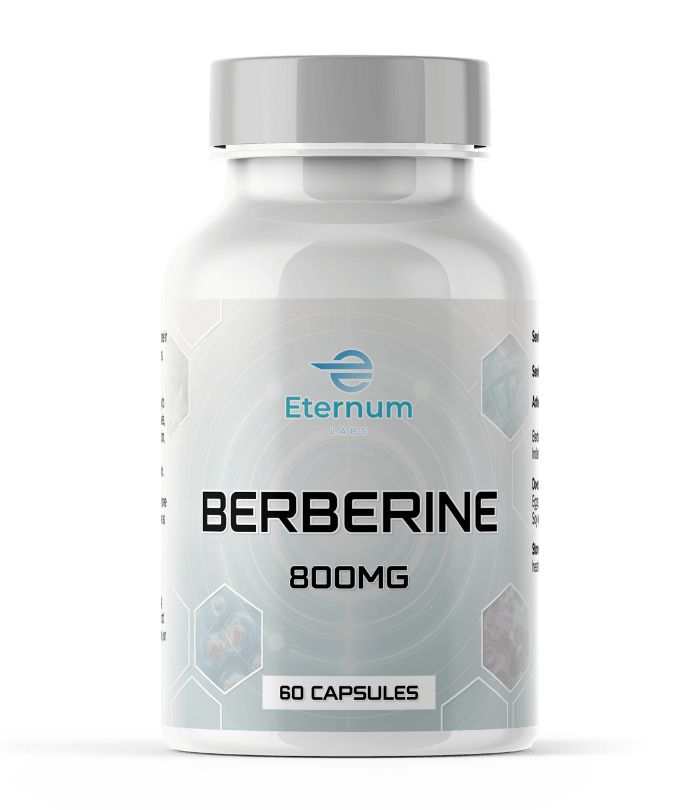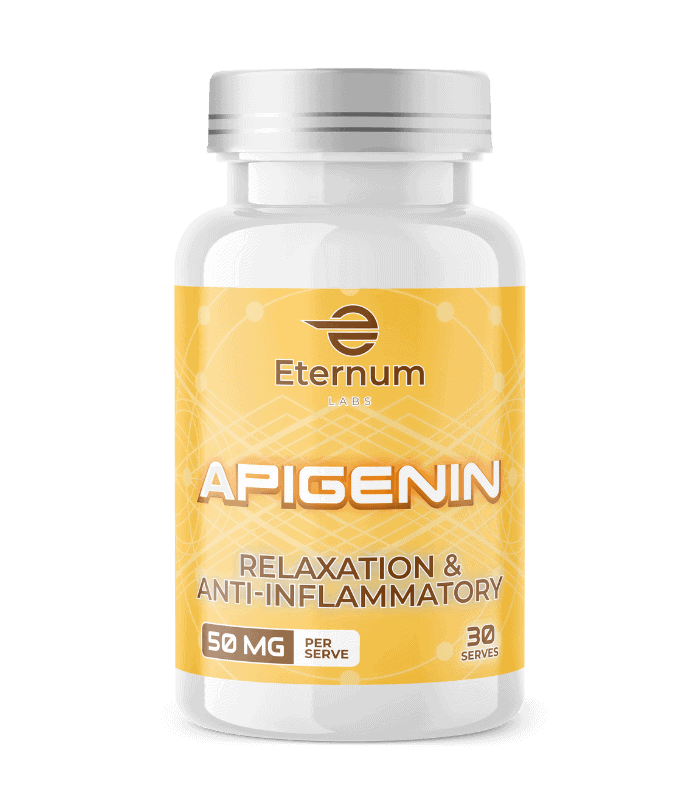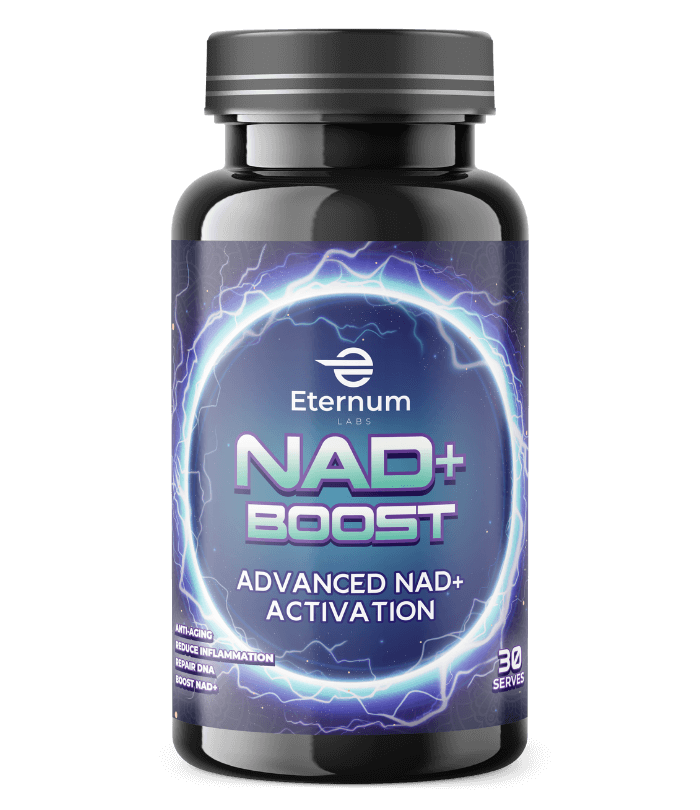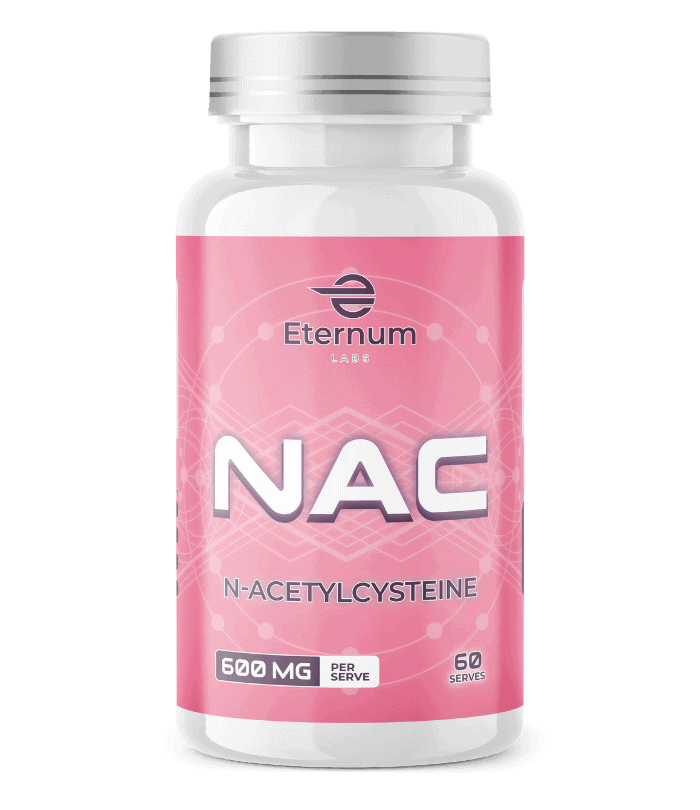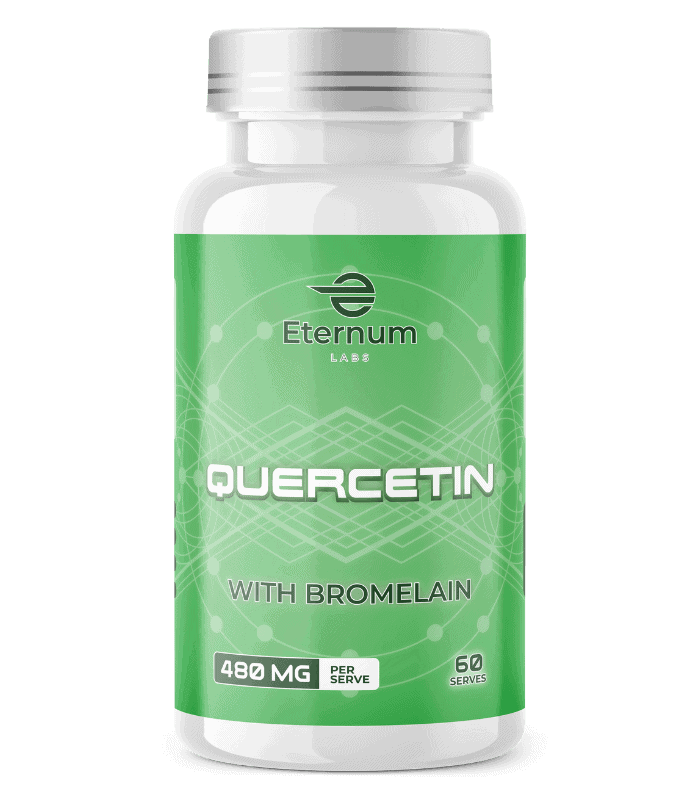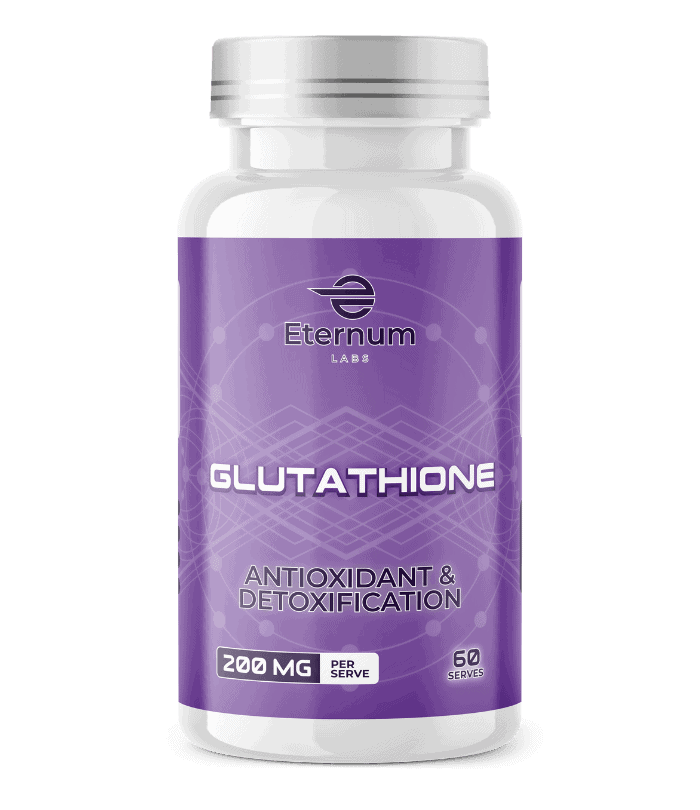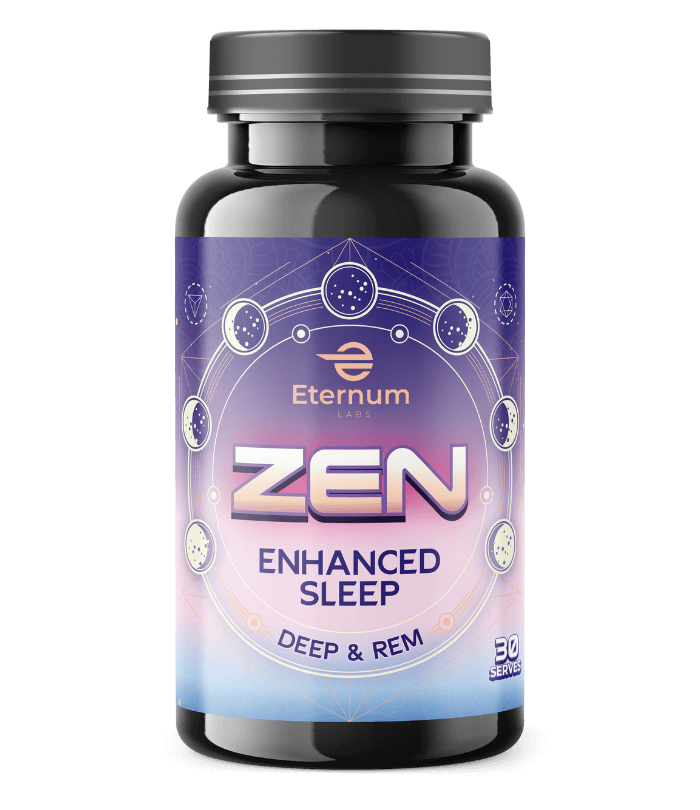Thiamine is a vitamin, also called vitamin B1. Vitamin B1 is found in many foods including yeast, cereal grains, beans, nuts, and meat. It is often used in combination with other B vitamins, and found in many vitamin B complex products. Vitamin B complexes generally include vitamin B1 (thiamine), vitamin B2 (riboflavin), vitamin B3 (niacin/niacinamide), vitamin B5 (pantothenic acid), vitamin B6 (pyridoxine), vitamin B12 (cyanocobalamin), and folic acid. However, some products do not contain all of these ingredients and some may include others, such as biotin, para-aminobenzoic acid (PABA), choline bitartrate, and inositol.
People take thiamine for conditions related to low levels of thiamine (thiamine deficiency syndromes), including beriberi and inflammation of the nerves (neuritis) associated with pellagra or pregnancy.
Thiamine is also used for boosting the immune system, digestive problems, diabetic pain, heart disease, and other conditions, but there is no good scientific evidence to support these uses.
Healthcare providers give thiamine shots for a memory disorder called Wernicke’s encephalopathy syndrome, other thiamine deficiency syndromes in critically ill people, and alcohol withdrawal.


